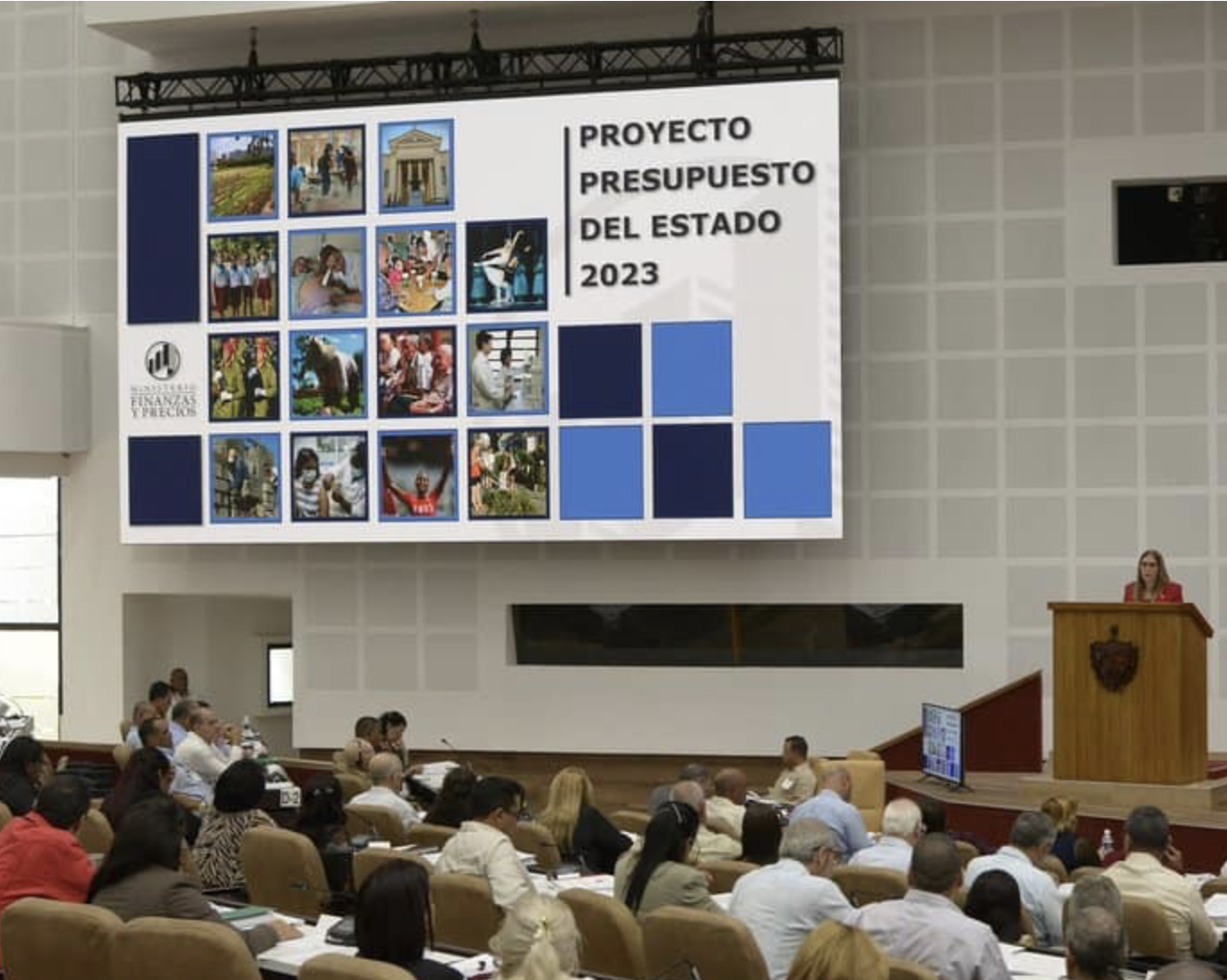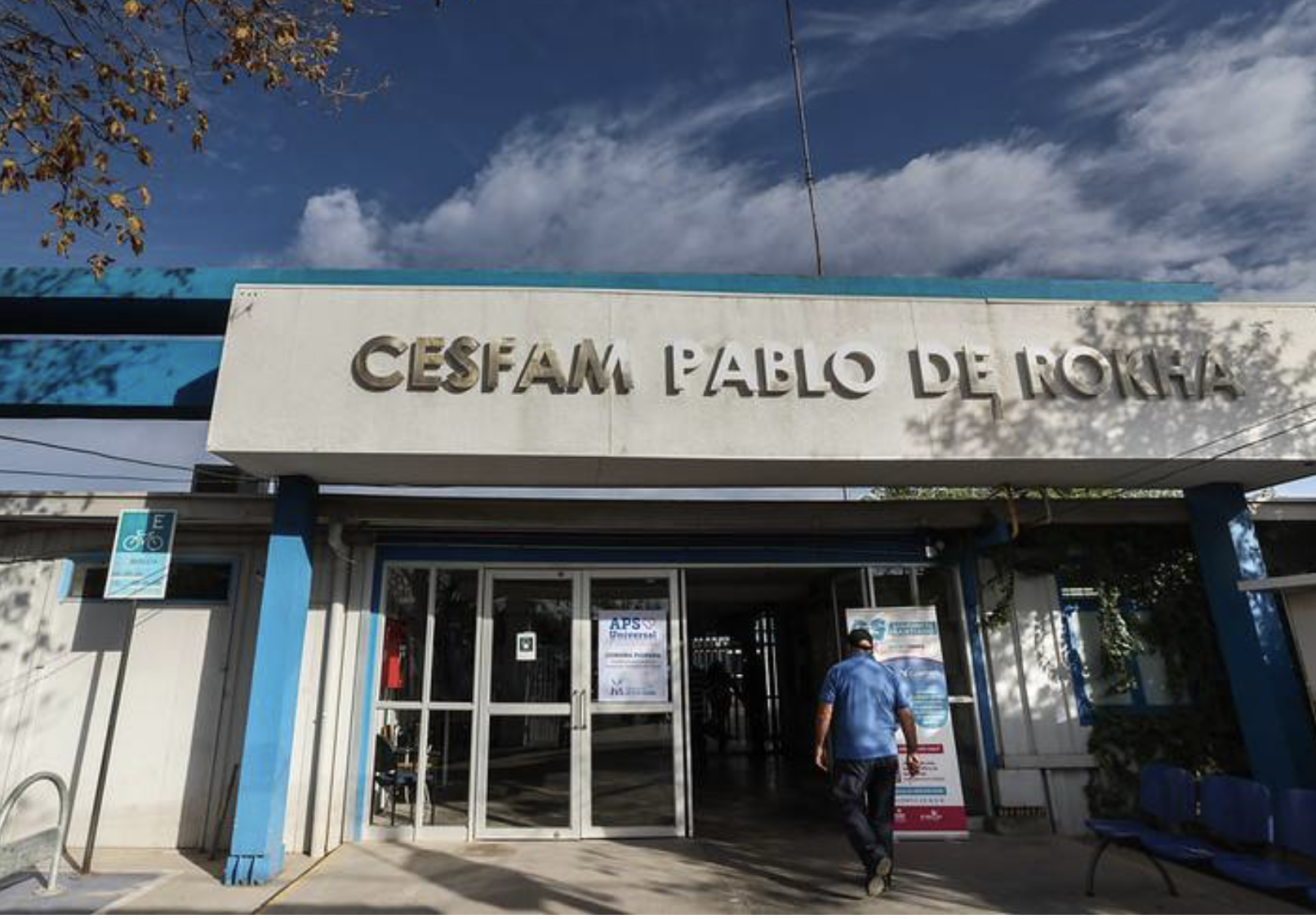This report examines the current and historical levels of social protection expenditure in 14 countries across the Pacific and Timor-Leste. This research draws primarily on national budget documents (including budget estimates, reports and speeches) and annual reports...
International aid management in Afghanistan’s health sector
This study investigates international aid management in Afghanistan’s health sector from the perspectives of national and international managers in 2022 and provide recommendations for the improvement. In order to improve international aid management, it is necessary...
Comparative policy analysis of national rare disease funding policies: a scoping review
Rare diseases are conditions with low prevalence in the population. Their rarity combined with the high cost of treatment present unique challenges for healthcare policy and funding. This scoping review aimed to compare the funding approaches for rare disease...
Nepal: National Health Financing Strategy 2080- 2090
The National Health Financing Strategy 2080- 2090 includes strategic interventions to expand fiscal space for health, strengthen social protection, improve resource generation, and improve health financing governance, accountability, and transparency in the health...
Health Financing Progress Matrix Assessment 2023: Summary of findings
This report provides a concise summary of the Health Financing Progress Matrix (HFPM) assessment for Mauritius, highlighting key strengths and weaknesses in the country's health financing system. It identifies priority areas that need to be addressed to advance...

Additional health budget approved
The Congress of the Republic approved additional resources to be allocated to the Ministry of Health for the strengthening of the national network of oncology services.Within the framework of Article 38 of the Law for Comprehensive Cancer Care in Guatemala of March...

How Kuwait’s Vision 2035 development plan is driving healthcare expenditure
Kuwait's healthcare sector has experienced significant growth, driven by the country's Vision 2035 strategic development plan. In 2023, healthcare expenditure accounted for 5.1% of Kuwait's GDP, the second-highest in the GCC after Saudi Arabia. Per capita, healthcare...

Public Health is historically prioritized in State Budget
The State has prioritized public health in Cuba, allocating 23% of the total budget to this sector.It was established that the public health financing proposed for 2023 would be used for the acquisition of "medicines, consumables and reagents; the repair and...

World Bank support for a better health system in the Dominican Republic
The US$190 million project seeks to strengthen the public health system and strengthen the capacities of the Ministry of Public Health and Social Assistance.In order to benefit the Dominican Republic's poor and vulnerable populations, who are the main beneficiaries of...
Sustainable financing of immunization in Colombia
The main source of funding for the National Immunization Program (NIP) in Colombia is general taxes, although there are also limited contributions from the sub-national level for program management. The Ministry of Health and Social Protection manages all NIP...
Indonesia’s new health law: lessons for democratic health governance and legislation
This correspondence discusses a new law on Health (No. 17 of 2023), which was enacted following the Indonesian Health Transformation Plan. The Plan consists of six key pillars: the transformation of primary health care, referral health care, health resilience, health...

Malaysia’s Health Ministry considers establishing National Health Fund
Malaysia has announced an initiative to establish a National Health Fund aimed at improving the financing of public healthcare services by pooling funds from diverse sources.According to New Straits Times, as reported by Nor Ain Mohamed Radhi, the Health Minister...

Chile: Budget Law 2024 incorporated a contribution for 14 municipalities to join Universal Primary Health Care
The Minister of Health informed that 14 communes joined the Universal Primary Health Care (PHC) coverage, covering a cumulative total of 21 communes. The 2024 Budget Law in Chile approved US$12.19 million for a total of 21 municipalities to be financed under this...

Ministry of Health allocates resources to strengthen Primary Health Care
The Ministry of Health and Social Protection announced the allocation of budgetary resources to strengthen primary health care through two resolutionsThe Ministry of Health and Social Protection announced the allocation of resources from the operating budget to...
Unified Health System
The Unified Health System was established in the Federal Constitution of 1988 to provide universal access to the public health system in Brazil.Brazil's Unified Health System (SUS) is one of the largest and most complex public health systems in the world. It covers...
